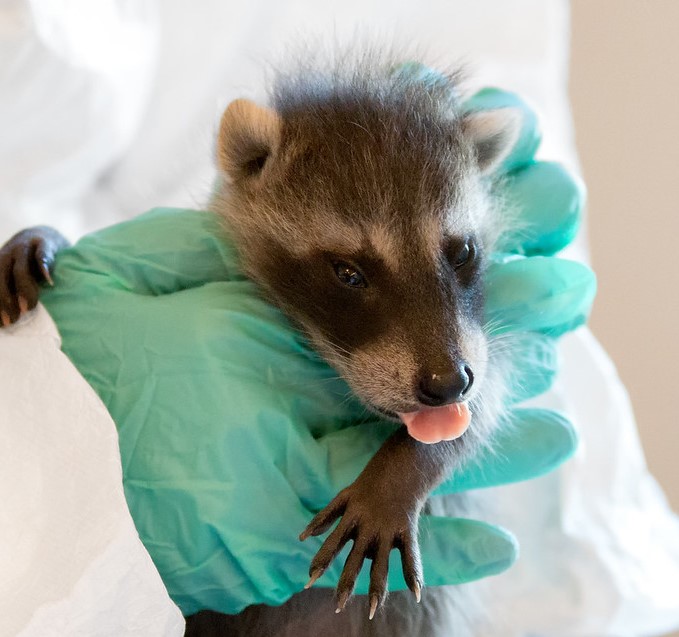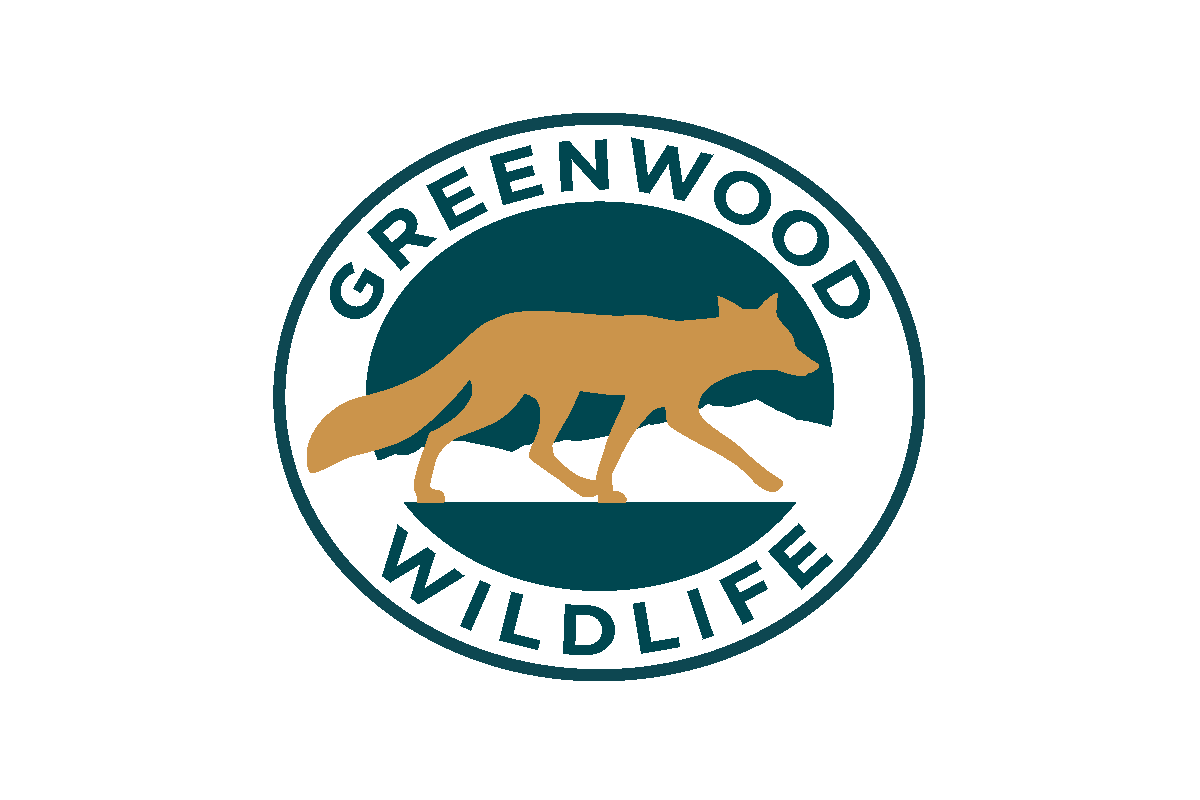
Why do some animals thrive in urban spaces while others falter?
The animals we see in our backyards: squirrels, finches, raccoons, and rabbits all seem to handle our pollution, noise, and concrete rather well in comparison with most other species. Animals like Rocky Mountain Bighorn Sheep on the other hand, aren’t so adaptable. So why do some animals thrive while others are pushed further into the small swaths of habitat they have left?
1. One man’s trash is another man’s (or coon’s) treasure.
Some animals have adapted to have a rather varied diet. Raccoons in the wild are omnivorous, meaning they eat plants and animals such as nuts, berries, crayfish, and eggs. This fact, and their rather maneuverable paws, allow them to sort through our food scraps with ease. Other wildlife such as Wolverine have more specialized diets that consist of foods you can’t find while wondering typical neighborhoods.
2. We’re talking HEAPS of treasures.
We don’t just have “treasures” in our trash. We have incredible quantities of trash. That makes scavenging for food easy for generalist animals. Just think about how easy it would be for a crow to find a few seeds in a neighborhood with 50 trash cans instead of finding them in the wild.
3. You compete me
The diversity of animals in their wild habitat vs our cityscapes is much larger. Without many animals to compete with in the city, generalist species can survive without worrying as much about territory.
4. Its hot in the glass box
Cities express a phenomena called “heat island effect”. Basically, all the concrete, black tar, reflective glass, and carbon production warm cities so that their average temperatures are much higher than the surrounding areas. Some wildlife really enjoy the warm weather in the city and decide to stick around. Others, like the American pika, simply cannot survive in hotter environments.
Cities are often littered with the same few species, while the wild holds much more diversity. In order for specialist species like the endangered Black-footed Ferret or the Whooping Crane to exist on our planet, we have to protect the places they call home.

